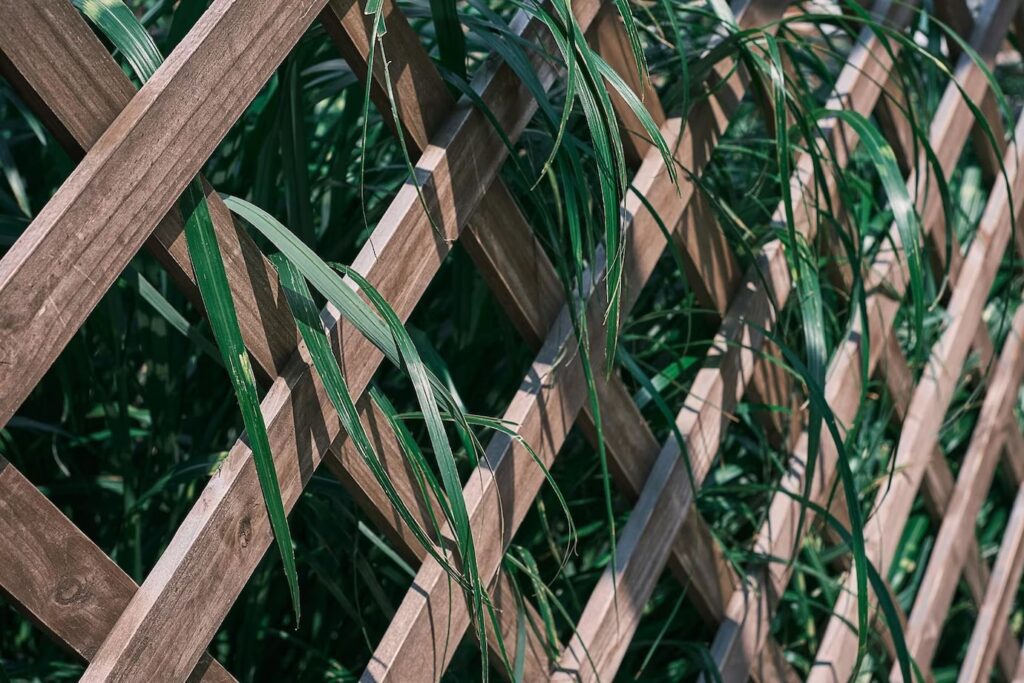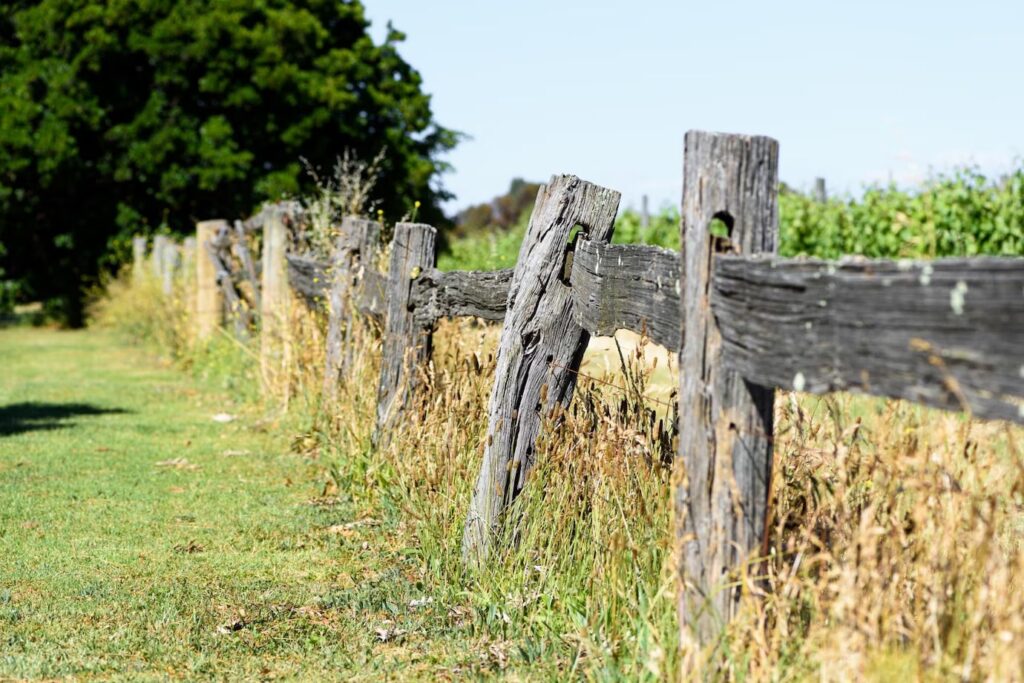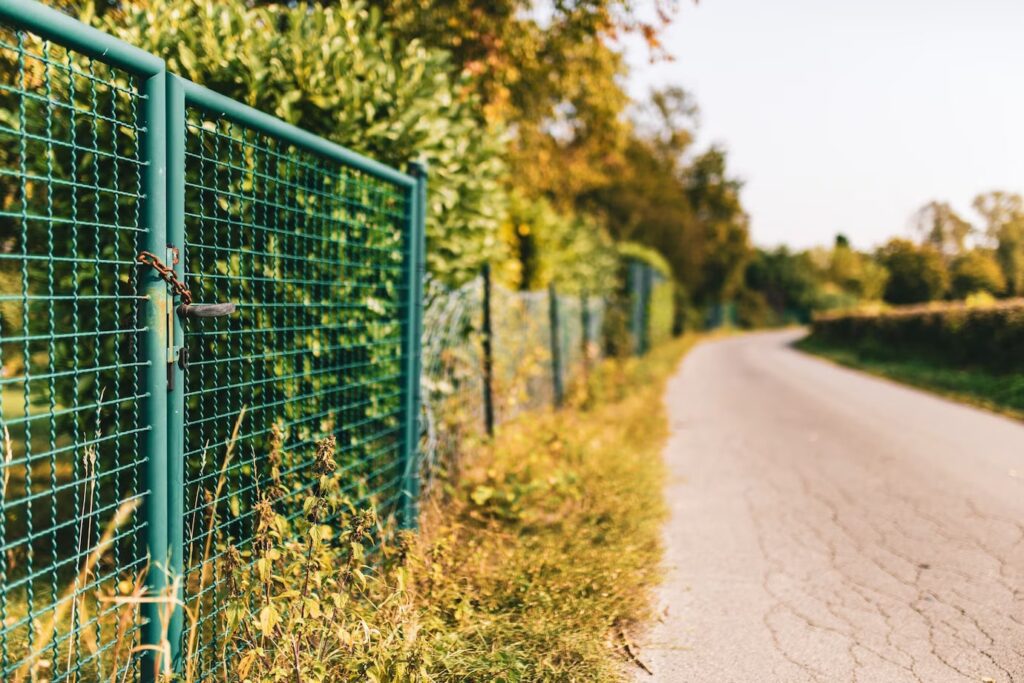- Free Estimates

Fencing in Newtown, CT, is essential to any property as it provides privacy and security and adds aesthetic value to your home. However, just like any other part of your property, the fence in Newtown, CT, requires proper maintenance and repair to remain functional and beautiful. In this blog, we will discuss the common issues homeowners in Newtown, CT, face with their fences and provide DIY solutions for fixing them. Whether you have a wooden, vinyl, or aluminum fence, our tips will help you maintain it for years.
Fences are exposed to different elements and conditions that can cause damage over time. Here are some common issues in fencing in Newtown, CT, that homeowners may encounter:
Before you start repairing your fencing in Newtown, CT, you need to prepare for the repair process by assessing the damage, determining the extent of the damage, and making sure you have the right tools and materials.
Once you have identified any issues with your fence, you need to determine the extent of the damage. This will help you decide what repairs are needed and what materials you will need to complete the repairs. For example, if you have a wooden fence, you may need to replace entire sections if the damage is severe.
Before repairing your fence, ensure you have all the necessary tools and materials. Some common tools and materials you may need include:
Having all the necessary tools and materials on hand can save time and ensure that the repair process goes smoothly.
Fence repairs can be hazardous, especially if you are working with power tools or lifting heavy materials. To ensure your safety, take the following precautions:

Replacing broken fence boards is a relatively straightforward process. Here is a step-by-step guide on how to repair them:
Fixing leaning fencing in Newtown, CT, requires reinforcing the leaning post. Here is a step-by-step guide on how to do it:
A sagging gate can be fixed by adjusting the hinges or replacing them. Here is a step-by-step guide on how to fix a sagging gate:
Rotting wood needs to be removed and replaced with new wood. Here is a step-by-step guide on how to deal with rotting wood:

Fences made of metal, such as aluminum and wrought iron, can be particularly susceptible to rust and corrosion.
Here are some steps you can take to fix rust and corrosion on your fencing in Newtown, CT:
By taking these steps, you can extend the life of your metal fence and prevent further damage from rust and corrosion.
After repairing your fence, it is essential to paint or stain it to protect it from the elements and give it a fresh look. Here is a step-by-step guide on how to paint or stain your fence:
Maintaining and repairing your fence is crucial to ensure its longevity and functionality. By following the DIY solutions we provided in this blog, you can save money and time by avoiding hiring a professional contractor. However, if you feel overwhelmed by the repairs or need more extensive work, don’t hesitate to contact Newtown Fence Contractor. They are experts in fencing in Newtown, CT, and they will ensure that your fence is in top condition. Remember always to take care of your fence to enjoy the benefits it provides to your property.